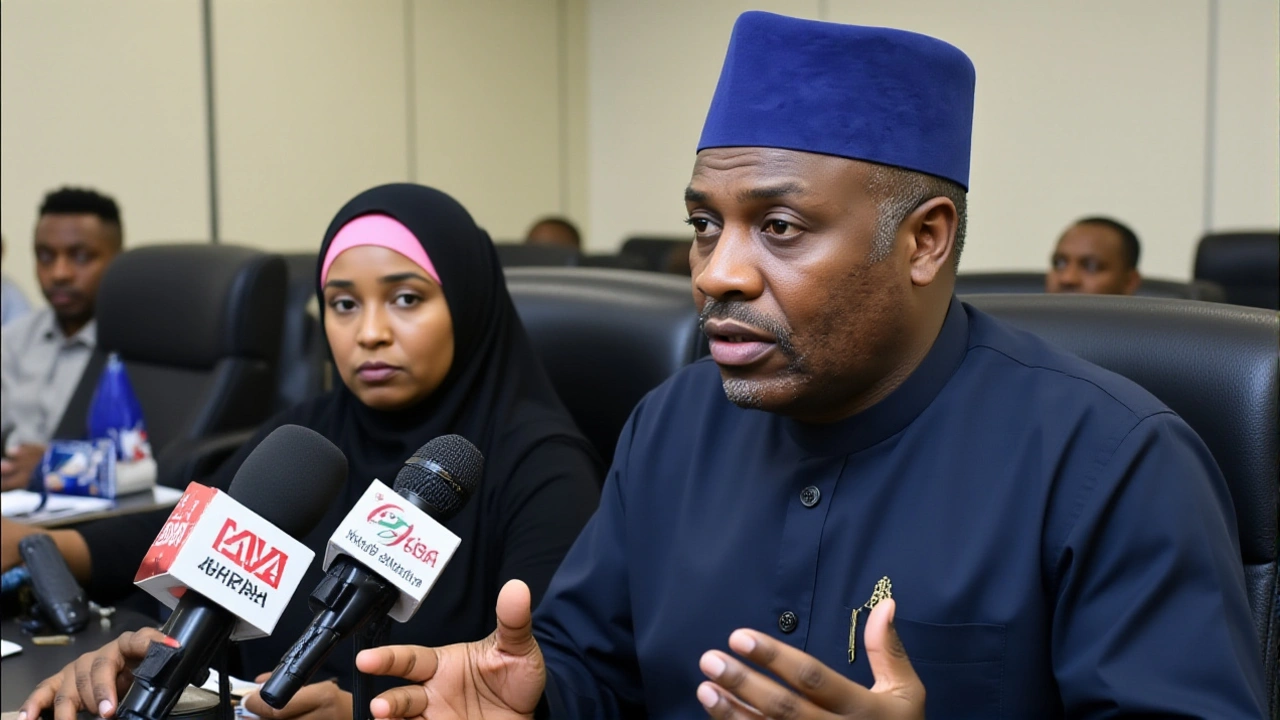Government negotiations: latest developments and analysis
When looking at government negotiations, the process where officials, parties and interest groups hammer out budgets, reforms or peace terms. Also known as political bargaining, it determines a country's direction. Political parties, organizations that contest elections and bring policy agendas to the table drive the agenda, while public protests, mass actions by citizens demanding change act as pressure valves. Policy reform, the overhaul of laws or regulations to meet new goals is often the end product. This mix of actors makes each round of talks a complex puzzle.
government negotiations are never isolated events; they intersect with many other forces. For instance, budget talks between ministries and the treasury are a subtype of negotiations that shape public spending. Diplomatic channels bring international mediators, third‑party envoys who help resolve cross‑border disputes into the mix, especially when peace accords are on the line. Legislative committees then vet the outcomes, turning high‑level agreements into enforceable statutes. Meanwhile, media coverage amplifies each squeak and squeal, nudging negotiators toward compromise. These elements illustrate the semantic triple: government negotiations encompass policy reform, require diplomatic talks, and are influenced by public protests.
Key factors shaping successful government negotiations
First, the strength and unity of political parties matter. A party that presents a clear, cohesive platform can steer talks more effectively than a fragmented coalition. Second, civil society groups—NGOs, labor unions, and community leaders—inject ground‑level perspectives, ensuring that reforms address real‑world concerns. Third, the timing of public protests can either stall talks or create urgency; a well‑timed demonstration often pushes negotiators to find quick solutions. Fourth, the role of legal frameworks cannot be overlooked. Constitutional clauses or existing treaties set the boundaries within which any agreement must fit. Finally, strategic use of diplomatic talks—whether bilateral or multilateral—adds legitimacy and often brings technical expertise, especially in complex sectors like energy policy or trade tariffs.
When all these pieces click, the result is a more durable agreement. Take recent budget negotiations in several African nations: political parties aligned on revenue targets, NGOs highlighted health spending gaps, and timed protests kept the pressure on legislators. International mediators then helped fine‑tune the fiscal rules, leading to a consensus that survived the next election cycle. This real‑world example shows how policy reform, public protests, and diplomatic talks intertwine to shape the outcome of government negotiations.
Understanding these dynamics helps readers anticipate what might happen next in any country’s political arena. If a major party announces a leadership change, expect a shift in negotiation tone. If civil society ramps up activism around climate policy, budget allocations may tilt toward renewable projects. And when foreign governments send envoys for trade talks, expect domestic legislation to adapt accordingly. Keeping an eye on each entity—political parties, policy reform, public protests, diplomatic talks, and legal bodies—gives a clearer picture of the negotiation landscape.
Below, you’ll find a curated collection of articles that dive deeper into specific negotiations, from budget talks in South Africa to peace talks in Madagascar, and from sport‑related diplomatic gestures to high‑profile policy reforms. Each piece unpacks how the entities mentioned above interact in real scenarios, offering practical takeaways and fresh perspectives. Browse through to see how theory meets practice in today’s fast‑moving political world.
ASUU Calls Two‑Week Nationwide Strike as Government Talks Stumble
ASUU President Prof. Chris Piwuna announced a two‑week nationwide strike starting Oct 13, after the government’s 14‑day ultimatum expired, despite a N200 bn intervention plan.

